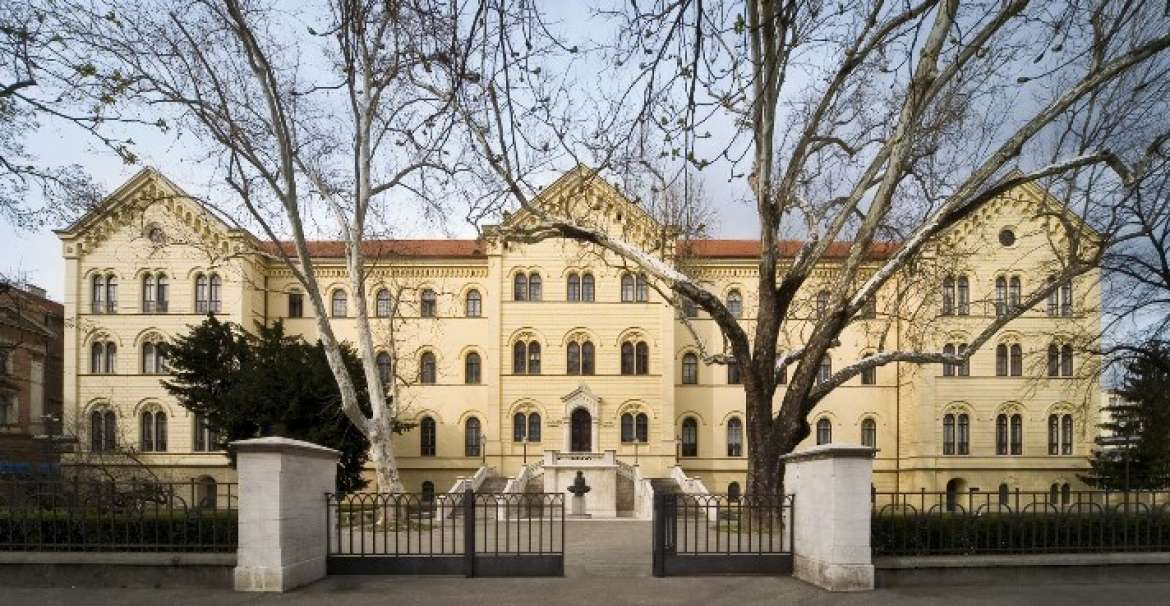January 18, 2021 – Newly released figures examining further education demographics show that Croatian female postgraduate students account for a huge 66.3 percent of all those enrolled at this level in the country
Nobody is really sure for just how long women have lived in an imbalanced society. The patriarchal system stretches back thousands of years, favouring male authority and male heirs. It is only within the relatively recent past that we have rightly begun to question the social, legal, political, religious, and economic restraints placed upon women. Key to their continuing emancipation has been equal opportunities in education.
In Croatia, where some consider the patriarchal system to have stubbornly lingered for longer than in other parts of Europe, evidence of society's continuing shift can be seen in the latest figures for higher education. According to the Central Bureau of Statistics (CBS), within the field of specialist studies in the academic year 2019/2020, Croatian female postgraduate students outnumber their male counterparts at almost 2:1.
Of 1429 students who enrolled in specialist continuing studies for the year 2000, some 948 of them were Croatian female postgraduate students. Croatian female postgraduate students account for 66.3 percent of all students enrolled at this level in the country, with their male counterparts accounting for just 33.7 percent.
Social sciences (cultural and social anthropology, sociology, psychology, political science, and economics) accounted for the largest area in which Croatian female postgraduate students chose to study, accounting for 43.7 percent of female enrolments. The next most popular areas of study for Croatian female postgraduate students were biomedicine and health (42.8 percent), followed by technical sciences (5.7 percent), interdisciplinary fields of science (4.5 percent) then natural sciences (1.1 percent). Less than one percent of Croatian female postgraduate students enrolled in the humanities (0.9 percent), biotechnical sciences (0.7 percent) and the arts (0.6 percent).
Most postgraduate specialist students enrolled at the University of Zagreb (79.3 percent), followed by the University of Rijeka (10.5 percent), the University of Osijek (6.9 percent), the University of Split (2.5 percent), and Libertas International University Zagreb (0.8 percent).
Croatian female postgraduate students accounted for 81.8 percent of enrolments for this level of study at Libertas International University Zagreb, 77.8 percent at the University of Split, 68 percent at the University of Zagreb, 62.2 percent at the University of Osijek, and 52.6 percent at the University of Rijeka. The University of Zagreb © University of Zagreb
The University of Zagreb © University of Zagreb
Most students enrolling for studies at the postgraduate level were aged 30 to 34 years (36.1 percent), with 24.8 percent being in the 25 to 29 age group. 19 percent were in the 35 to 39 age group, 9.9 percent in the 40 to 44 age group, 5.7 percent in the 45 to 49 age group, 2.4 percent in the 50 to 54 age group, 1.1 percent in the 55+ age group and 1 percent were aged 24-years-old.
98.3 percent of all postgraduate students enrolled at universities in Croatia are citizens of the Republic of Croatia. Foreigners choosing to undertake their postgraduate studies at universities in Croatia accounted for just 1.7 percent of enrolments. Of the Croatian citizens, 97 percent had previously graduated in the Republic of Croatia, and 3 percent abroad.
97 percent of all postgraduate students are already employed and 3 percent unemployed. 42.8 percent are employed in the field of healthcare and social care. Employers paid for the greatest share of postgraduate course fees - 55.8 percent of postgraduate students had their course fees paid for by their employer. 43.7 percent of students paid for their own study fees.


